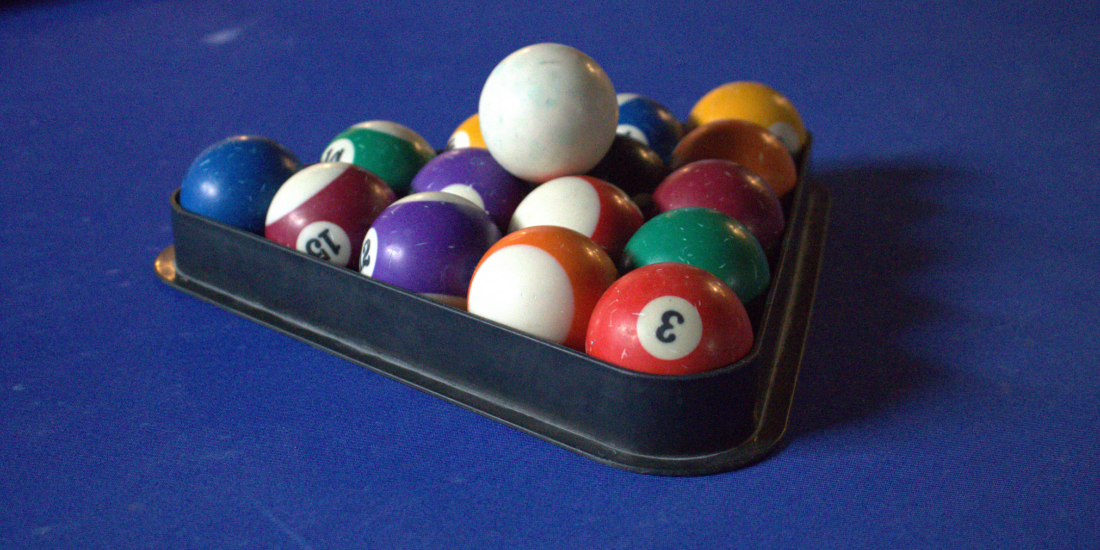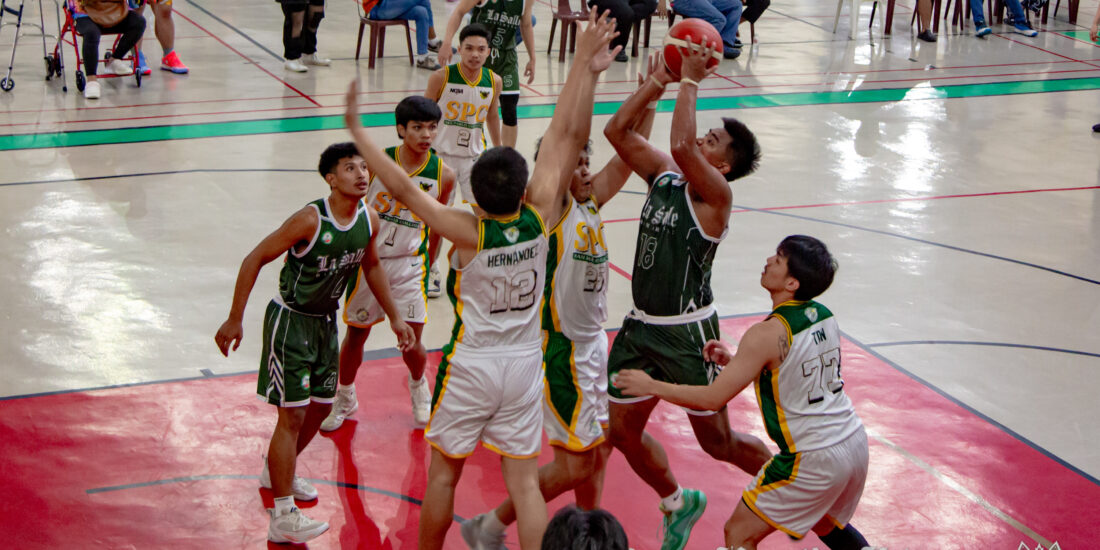PE Department adjusts to distance learning; no swimming classes this semester
Originally published in The HERALDO FILIPINO Broadsheet Vol. 35 Double Issue No. 1
As per Physical Education (PE) Department Chair Chona Manalo, no G-PHED003–Swimming was offered this first semester of the academic year (AY) 2020-2021 due to the inaccessibility of campus facilities and shift to distance learning.
Aside from the discontinuation of G-PHED003, they also encountered other problems such as the major adjustment on the mode of teaching, usage of Schoolbook, struggles in correcting the students’ execution of strokes in activities, uncertainty in students’ understanding of the attached videos in their lessons, and hindrances on communicating with some students with limited internet access.
“We are used to conducting our classes in a practical way. Now, we rely on using videos/lectures to make our lessons easier for the students to understand,” Manalo said in an online interview with The HERALDO FILIPINO.
Before, they only used Schoolbook to make an announcement or post a lecture that was not discussed because of class suspension but now, they “have to fully utilize the use of this online platform for learning”.
PE Department’s adjustments
Compared to distance learning, Manaloexplained that face-to-face classes allow the faculty to immediately correct the execution of the students, give necessary advice on how they can improve their strokes on the spot, and allow students to quickly shadow or copy the execution of the faculty. Meanwhile, distance learning means that students will have to wait for the feedback of the faculty about their submitted assessments online.
Coping with the new mode of learning, Manalo also shared how the PE Department started planning the implementation of changes for the new setup of PE classes this semester since the last week of July.
“Faculty members were grouped according to subject areas. They plotted their plans on how they will deliver the topic, what adjustments have to be made in certain areas of their subject. Like for PHED 004–Team Sports, since students will not be allowed to go outside or use any sports facilities, the group decided to change it to Physical Activities towards Health and Fitness, in which the students will not have a hard time in looking for equipment and will still result in Physical Fitness,” Manalo added.
All in all, the PE Department offered three PE subjects this semester, namely: G-PHED001–Physical Fitness and Self Testing Activities, G-PHED002–Individual/Dual Sports/ Dance (Table Tennis, Arnis, Dance), and G-PHED004–Team Sports (Physical Activities towards Health and Fitness).
As the PE Department only had little interaction with the Schoolbook before,, the faculty attended webinars and Dr. Mara Salibay’s tutorial classes to improve their skills and knowledge on the use of Schoolbook, among other online applications. They also asked for help from the Center for Innovative Learning Programs (CILP) and the Religious Education (REED) Department whenever they encountered an unfamiliar area in the Schoolbook.
Noting the usefulness of video presentations and lectures in this new mode of learning, some of the faculty upload videos of them doing certain activities or strokes to serve as the students’ reference since PE classes require more physical activities. Most of them also share links to videos, lectures and supplementary reading materials that will help the students to better understand the lessons.
Manalo introduced the procedures for giving lectures and assessments in the distance learning mode, mentioning that all lectures, announcements, quizzes and scheduled major exams (summative exams) are discussed and posted in the Schoolbook.
“Summative exams are practical exams for some areas where they need to submit a video presentation,” she stated.
When asked about how they came up with their department’s solution and adjustments, Manalo revealed that consultation was done per subject and that they sought guidance from the Office of the Vice Chancellor for Academics and Research (OVCAR) and their college dean.
Wanting the students to “be active”, the factors that the PE Department considered are “what can we do to make sure that our students will still value their health [and] how can they still be fit and [at the same time] somehow get them away from their computer”.
Implementation and student concerns
“They (students) are learning on their own [and] they (students) are interpreting the steps as they view it (video lectures). The lessons are the same but the delivery of it is the only difference,” Manalo expressed the differences in the teaching style and learning process of the students in the new online setup.
In line with this, the department makes sure that the implemented changes will be effective by closely monitoring the performance of their students and providing constant feedback..
To ensure the effectiveness of the mentioned changes, they check and monitor the content of the PE Schoolbook classes, while synchronous classes are also recorded and submitted to the department. Being fully aware of the reports of PE professors not following the released Implementing Rules and Regulations (IRR) of the care-centered model, Manalo commented that, “Faculties are advised to read and re-visit the IRR. And if the same faculty will be reported still not following the IRR after repeated advice/talks/notices, necessary action will be taken.”
As for the students who do not have sports equipment like table, paddle or racket for table tennis, Manalo said that “during their (PE classes) orientation […] students were asked by the faculty about whether they have the equipment, enough space for their activity, or if there will be a problem”. Through this, the faculty can adjust the activity accordingly for those who have no equipment. Moreover, to address the internet connection issues of some students, the PE Department opted to provide extensions to the assessment deadlines.
With all the changes under her department, Manalo admitted, “at first it is a bit overwhelming but all of us are doing our best to deliver our lessons the best way we can […] faculty members put effort in creating and finding solutions for students to fully understand the lessons [so] students should put effort as well to learn from those resources.”
As of press time, there is no released memorandum about PE classes evaluation yet.





